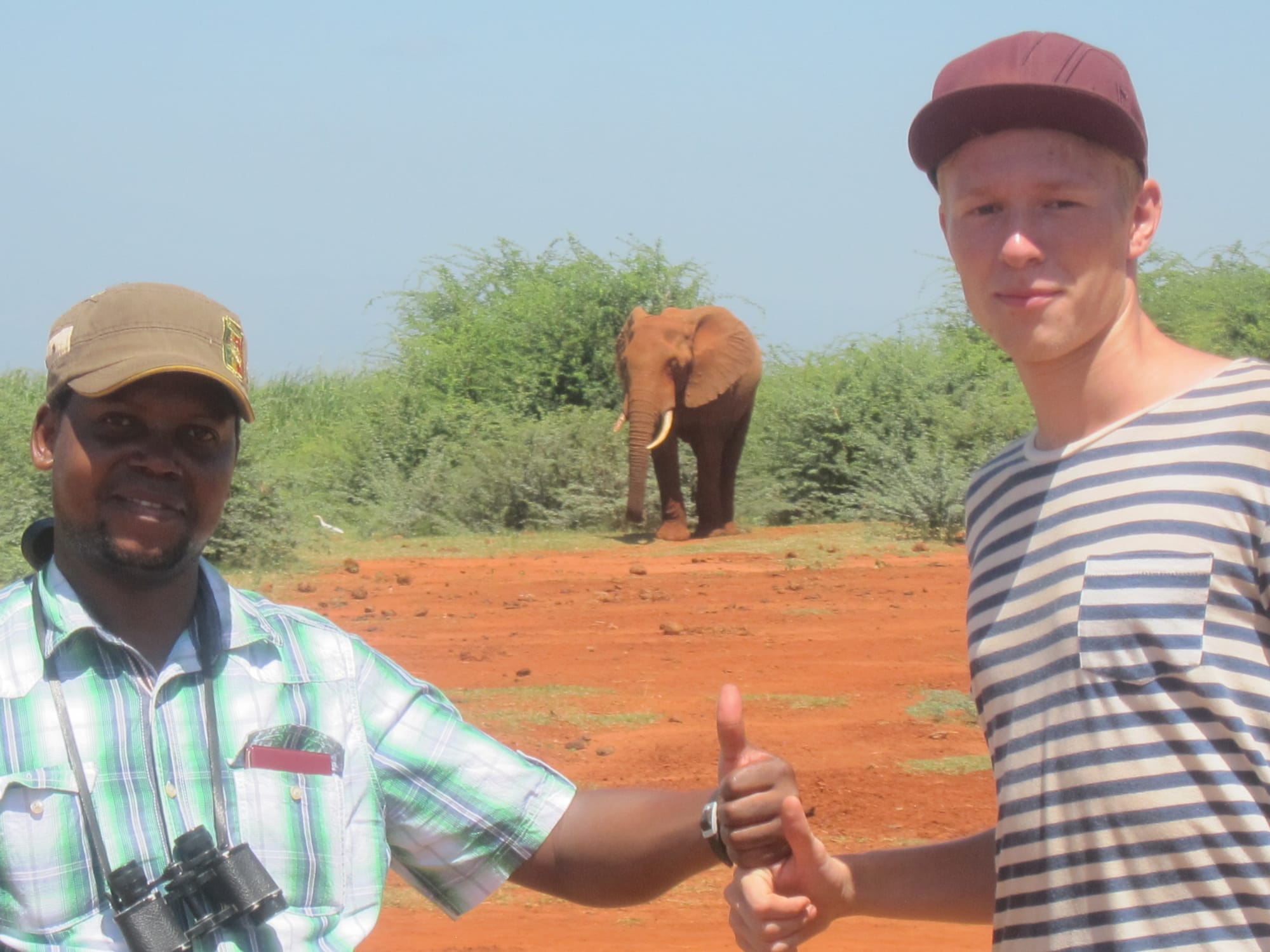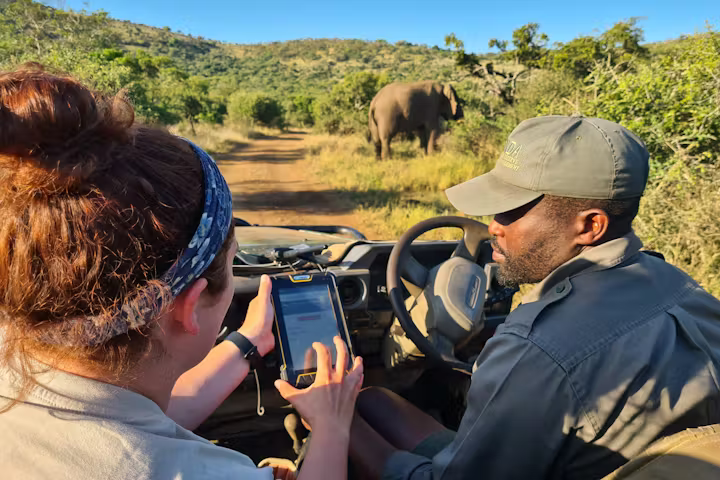Volunteering opportunity in Tanzania

Volunteeri in Tanzania with E.S.C.F
Tanzania is a country rich with culture, wildlife, and opportunities for adventure. It is also a place where volunteers can make a significant impact in various fields such as education, healthcare, and wildlife conservation. If you are considering volunteering in Tanzania, Please contact us directly.
1. Understand the Visa Requirements
Before planning your volunteer journey in Tanzania, it's important to understand about Volunteer visa requirements. Most long term volunteers need a class C Volunteer Visa, which is different from a standard tourist visa and short term volunteer Visa. Check with the Tanzanian embassy or consulate in your home country for detailed information about the application process, fees, and required documents. or just contact us direct on our website so that we can assist you on obtaining your volunteer Visa in Tanzania
2. Choose the Right Volunteer Program
Selecting a suitable volunteer program is key to your experience. Consider your skills and interests, and match them with the needs of the local community. Whether it's teaching English, participating in healthcare initiatives, or working on wildlife conservation projects, your contributions should align with the goals of the local community and the ESCF.
3. Prepare for the Cultural Differences
Tanzania is culturally diverse, with over 120 ethnic groups. Before departing, learn about Tanzanian customs, etiquette, and basic Kiswahili phrases. This knowledge shows respect towards the local culture and will enhance your interaction with the community. It's also respectful to dress modestly and adhere to local norms to foster acceptance and integration.
4. Get Vaccinated and Take Health Precautions
Health risks in Tanzania might be different from those in your home country. Consult with a travel health clinic to get the necessary vaccinations, such as yellow fever, typhoid, and hepatitis A and B. Also, stock up on malaria prophylaxis and a basic first-aid kit as you prepare for your trip. Remember to bring any prescription medicines you need, as they might not be readily available locally.
5. Pack Wisely
Packing for a volunteer trip requires strategic thinking. Essentials include lightweight clothing for hot days and something warmer for cooler evenings, especially if you’re traveling to mountainous regions like Kilimanjaro. Opt for clothing that can get dirty or damaged, particularly if you'll be involved in physical work. Don’t forget a hat, sunglasses, and high SPF sunscreen. Additionally, include a good insect repellent and a sturdy water bottle to stay hydrated.
6. Plan Your Finances
Managing your finances responsibly while in Tanzania is important. Determine the cost of the program and factor in additional expenses such as accommodation, transportation, and meals (contact us), personal travels, and emergencies. Inform your bank of your travel plans to avoid any issues with your credit or debit cards overseas.
7. Respect Wildlife and Natural Resources
When volunteering in conservation projects or visiting national parks, it's vital to respect wildlife and natural habitats. Follow guidelines set by (E.S.C.F) Eco-Tourisim safari program, keep a safe distance from animals, and do not disturb their natural activities. Avoid littering and reduce plastic usage to contribute to environmental conservation efforts in Tanzania.
8. Engage with the Local Community
One of the most enriching aspects of volunteering is interacting with the locals. Engage with community members, participate in local traditions, and attend community events. This interaction not only enriches your understanding of Tanzanian culture but also strengthens the bond between you and the community, making your efforts more impactful.
9. Document Your Experiences
Keeping a journal or a blog can help you process your experiences and share them with others. Documenting your journey will not only provide a keepsake to look back on but can also inspire others to volunteer. Take photos or videos (while respecting privacy and local norms) to capture your interactions and projects.
10. Prepare for Emotional Challenges
Volunteering, especially in less developed areas, can be emotionally challenging. Prepare to face realities that may be out of your comfort zone, including poverty, illness, and limited resources. It’s important to stay mentally resilient and keep a supportive network both locally and back home to discuss any challenges you face.
11. Continue Supporting After You Leave
Your volunteer work doesn't have to end when your trip does. Continue supporting E.S.C.F by raising awareness, fundraising, or even planning a return visit. Long-term support can be vital for the sustainability of projects you cared about during your stay.
In conclusion, volunteering in Tanzania offers a multitude of opportunities to contribute meaningful work, immerse yourself in new cultures, and explore one of the most beautiful regions of the world. Following these tips will help you make the most out of your volunteer experience, ensuring it is not only beneficial to those you help but also infinitely rewarding for you. Collaborate volunteering with ESCF Now!
Make A Donation. Volunteer. Spread the WordMake A Donation. Volunteer. Spread the Word


SHABAN is a professional Safari guide and conservationist.